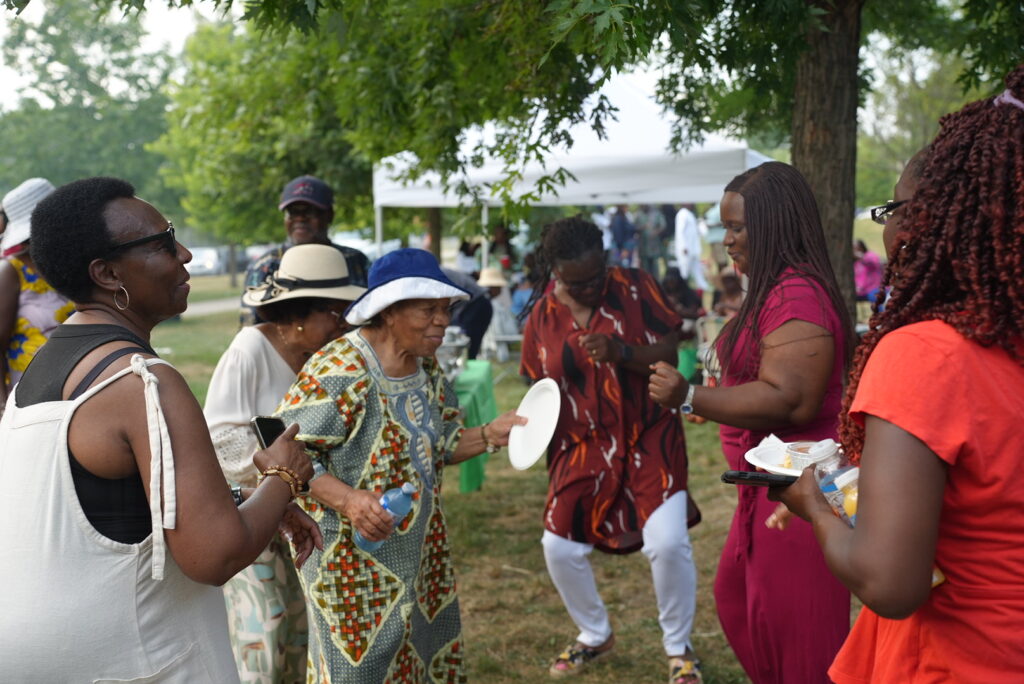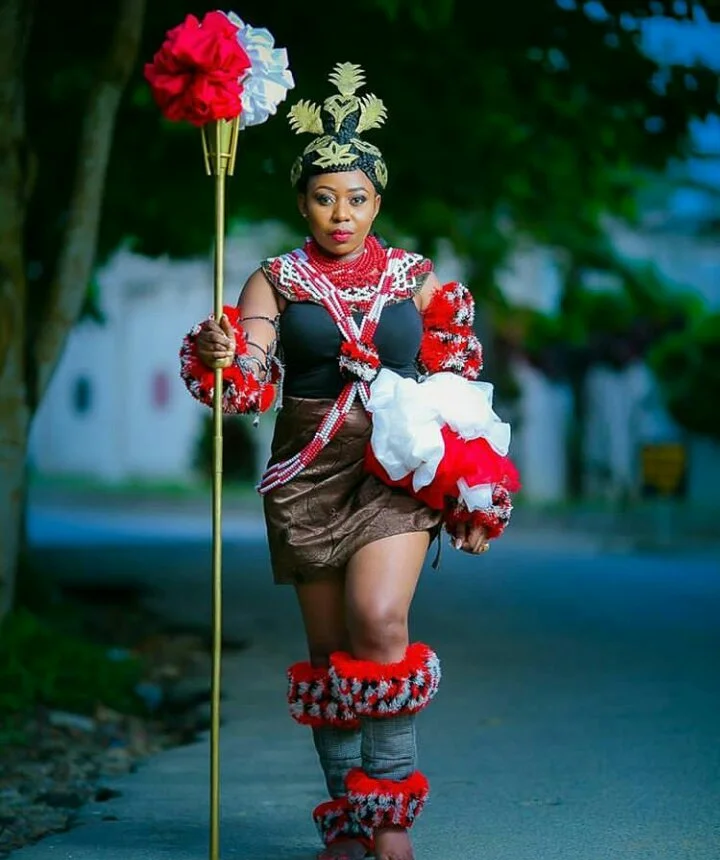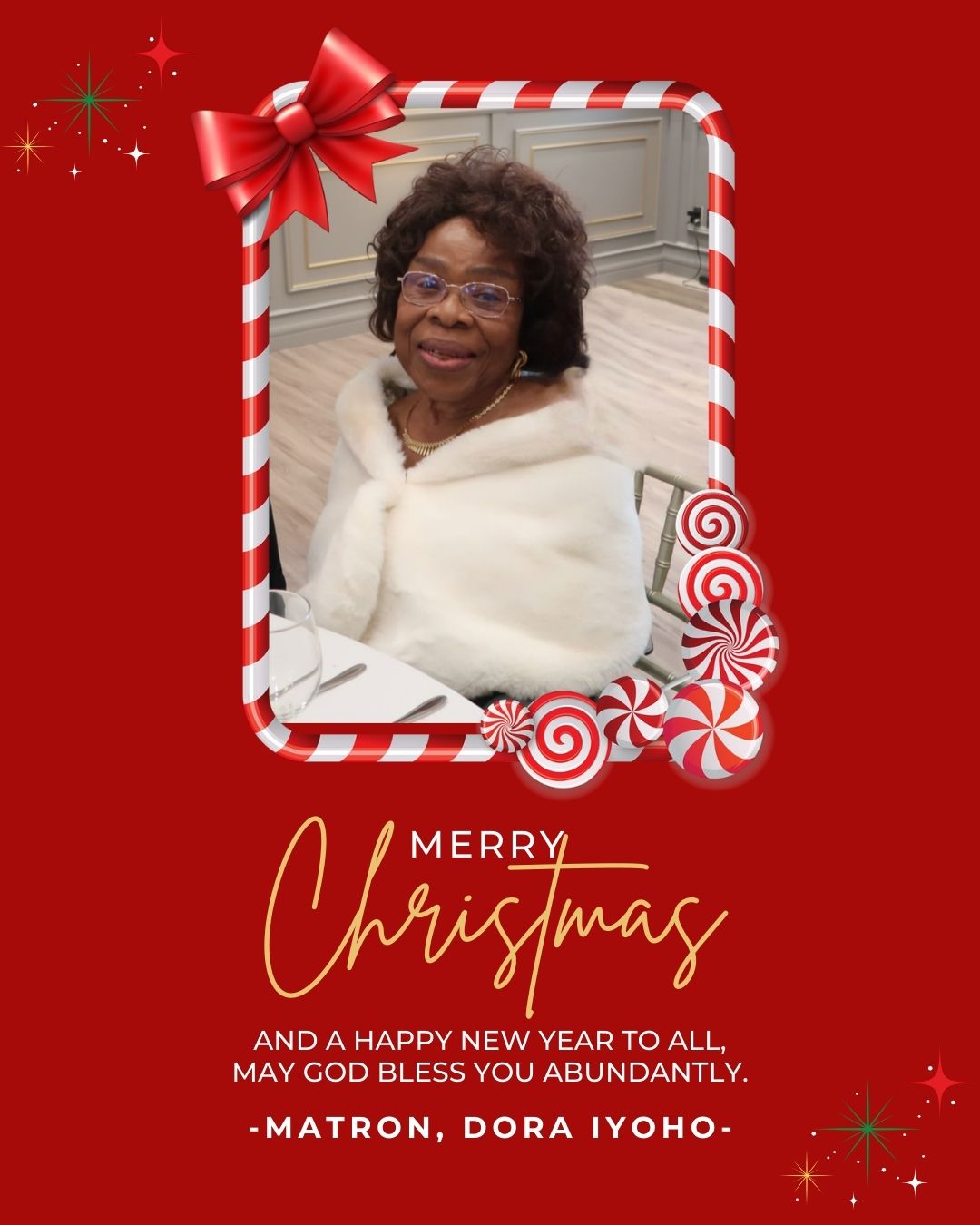The South-South region of Nigeria is home to some of the country’s most vibrant cultures, and nowhere is this more evident than in Akwa Ibom State and Cross River State. Bound by geography and history, these two states share many traditions, yet each boasts unique customs, festivals, and lifestyles that make them cultural treasures.

Ethnic and Linguistic Diversity
The cultural landscape of Akwa Ibom and Cross River States is shaped by their rich ethnic diversity:
- Akwa Ibom – Predominantly home to the Ibibio, Annang, and Oron people, with sub-groups like the Eket and Obolo communities. The Ibibio language is the most widely spoken, alongside Annang and Oron dialects.
- Cross River – Populated by the Efik, Ejagham, Bekwarra, Boki, and Yako peoples. The Efik language is prominent in the southern part, while Ejagham and other dialects are spoken in the central and northern areas.
Many of these languages share words, proverbs, and expressions, reflecting their deep historical connections.
Traditional Governance and Social Structure
Before colonial influence, these communities maintained organized traditional systems:
- Council of Elders – Respected leaders who guided decision-making, conflict resolution, and community planning.
- Age-grade Systems – Groups of people within a certain age range who performed community duties, organized events, and upheld traditions.
- Secret Societies – Especially the Ekpe Society (also called Leopard Society), which served as a traditional regulatory authority, custodian of culture, and preserver of the Nsibidi ideographic script.
Festivals and Celebrations

Festivals are central to life in Akwa Ibom and Cross River, often blending traditional rites with modern entertainment.
1. Ekpe Festival (Efik and Ibibio)
A cultural and spiritual event featuring the iconic leopard masquerade, drumming, and Nsibidi symbols. It serves as a rite of passage, cultural preservation, and a social gathering.
2. Leboku Festival (Yakurr people, Cross River)
An annual new yam festival celebrated with dances, wrestling, feasts, and thanksgiving for a bountiful harvest. It attracts visitors from across Nigeria and beyond.
3. Uduak Uyo Festival (Ibibio)
A thanksgiving and cultural festival that showcases Ibibio heritage through dance, music, and cuisine.
4. Calabar Carnival
Dubbed “Africa’s Biggest Street Party,” this month-long December event in Cross River combines elaborate parades, colorful costumes, and performances that showcase the state’s hospitality and artistic creativity.
Music, Dance, and Art
Both states have rich artistic expressions:
- Music – Traditional instruments like the ibid (gong), ekwe (wooden slit drum), and udu (pot drum) accompany folk songs and praise chants.
- Dance – Each ethnic group has signature dances. The Efik’s Ekombi is a graceful dance mimicking ocean waves, while the Ibibio’s Abang dance celebrates beauty and youth.
- Art and Craft – Wood carving, raffia weaving, and bronze works are common, with designs often carrying symbolic meanings.
Cuisine
The people of Akwa Ibom and Cross River are famous for their flavorful dishes, often made with fresh vegetables, seafood, and palm oil:
- Edikang Ikong – A vegetable-rich soup made with pumpkin leaves, waterleaf, and assorted meats.
- Afang Soup – A delicacy cooked with Afang leaves (wild spinach) and waterleaf, often served with pounded yam or fufu.
- Ekpang Nkukwo – A cocoyam-based dish wrapped in cocoyam leaves, cooked with seafood and palm oil.
Food is not just sustenance here—it’s an expression of hospitality and identity.
Marriage Traditions
Traditional weddings in both states are colorful affairs, involving:
- Bride Price Negotiations – The groom’s family presents gifts, money, and items to the bride’s family, symbolizing respect and commitment.
- Cultural Attire – Brides often wear coral beads, wrapper skirts, and embroidered blouses, while grooms don Etibo shirts, wrappers, and hats.
- Dance and Celebration – Weddings are occasions for the entire community to rejoice, dance, and feast.
Spirituality and Beliefs
Before Christianity became widespread, the people believed in a Supreme God (called Abasi in Ibibio/Efik) and revered ancestral spirits. Certain sacred forests, rivers, and hills were considered spiritual sites. While most people today are Christians, traditional beliefs still influence aspects of culture, storytelling, and taboos.
Modern Preservation of Culture
Despite modernization, efforts to preserve traditions are strong:
- Cultural troupes perform at national events.
- Festivals are promoted for tourism.
- Local languages are taught in schools.
- Museums in Uyo and Calabar preserve historical artifacts and records.
Conclusion
Akwa Ibom and Cross River States are more than just neighboring territories—they are cultural powerhouses whose traditions reflect centuries of shared history, artistry, and resilience. From the graceful Ekombi dance to the savory Afang soup, from the colorful Calabar Carnival to the sacred Ekpe society, their cultures remain a source of pride for their people and a gift to the world.
Visitors to these states are not just exploring destinations—they are stepping into living museums of African heritage.
